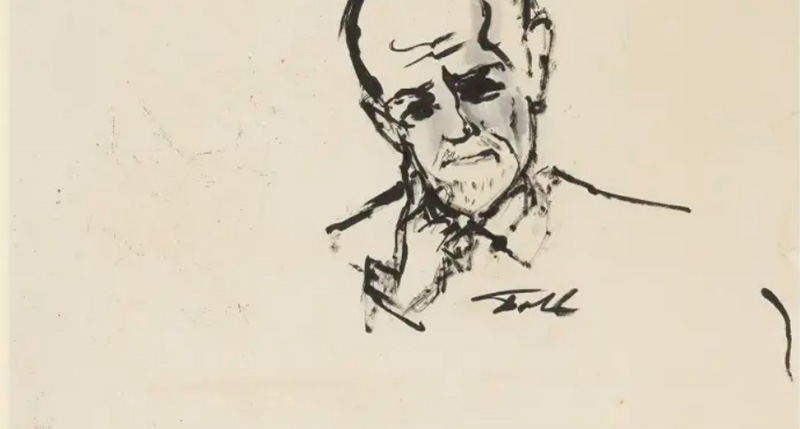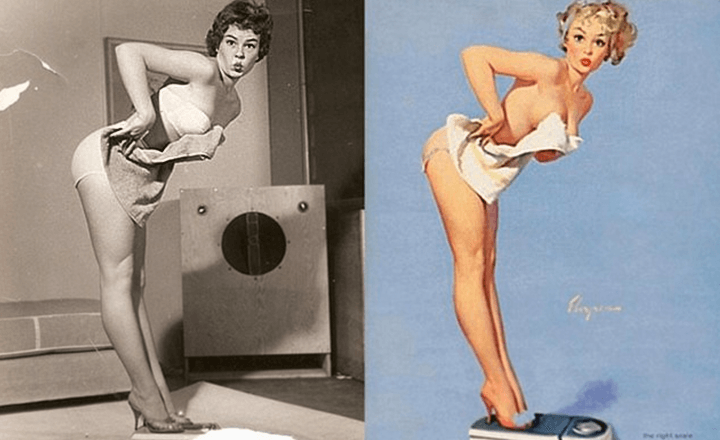“Religion is an attempt to get control over the sensory world, in which we are placed, by means of the wish-world, which we have developed inside us as a result of biological and psychological necessities. But it cannot achieve its end. Its doctrines carry with them the stamp of the times in which they originated, the ignorant childhood days of the human race. Its consolations deserve no trust. Experience teaches us that the world is not a nursery. The ethical commands, to which religion seeks to lend its weight, require some other foundations instead, for human society cannot do without them, and it is dangerous to link up obedience to them with religious belief. If one attempts to assign to religion its place in human evolution, it seems not so much to be a lasting acquisition, as a parallel to the neurosis which the civilized individual must pass through on his way from childhood to maturity.”
—Sigmund Freud (1856–1939)
Modern psychology,
especially where it intersects with self-help and trauma work,
is a beautiful thing.
I’m not talking about, ‘pull yourself up by your bootstraps and work hella hard with endless regard for capitalism and your life will change,’ self-help.
I’m talking about the dirty, dirty work of really picking apart how the events in your life have shaped you into who you are, determining if you like that person, figuring out if you can be you but healthier, contextualizing the mistreatment in your life so you can let it go. That self-help.
It can be done from a spiritual place, but to me, the good parts of the spiritual (by which I mean the spiritual not perverted to create more toxicity) can be backed by the scientific. For example, intergenerational trauma is the idea that you carry in your body and your experience the things that happened to your parents, their parents, and their parents, as far back as 12 generations. And sure enough, it would seem trauma does not only alter how your genes express themselves, but
this will also carry on to your children and so on.
The more we understand the brain, the more compassion we learn to have for others and ourselves.
In such a short span – just mere decades – we have gone from very intensive, patronizing, and not particularly compassionate models of mental health care being the core of the field, to writers like Sam Dylan Finch being able to discuss his life with BPD and ED, because now we get that these illnesses are treatable with compassion and patient-centered care.
It’s by no means across the board progress, but it’s also still massive when compared to just how things were handled in the 1960s and 70s.
Those in my life today who take mental and relational wellness seriously are beautiful souls who inspire me to do better.
Freud could only reflect the repressed sexuality of the world around him. Tho that was the starting point for today’s knowledge and dialogue.
And it’s crazy that the reason we have this field of study is because Freud was obsessed with incest, dicks, and butts.
—melony ppenosyne
Flommist Melony Ppenosyne is a writer and weird artist type. In the last year alone, she’s traveled to Virginia as a competing poet, co-written a play on mental illness that is presently being produced, and crafted a published essay checking the privilege and scope of art galleries. Copyright © 2019 Melony Ppenosyne. Pictured: Freud by Dalì (cropped), source.
PLEASE SUPPORT FLOMM
TIPS + DONATIONS DISCREETLY ACCEPTED
















